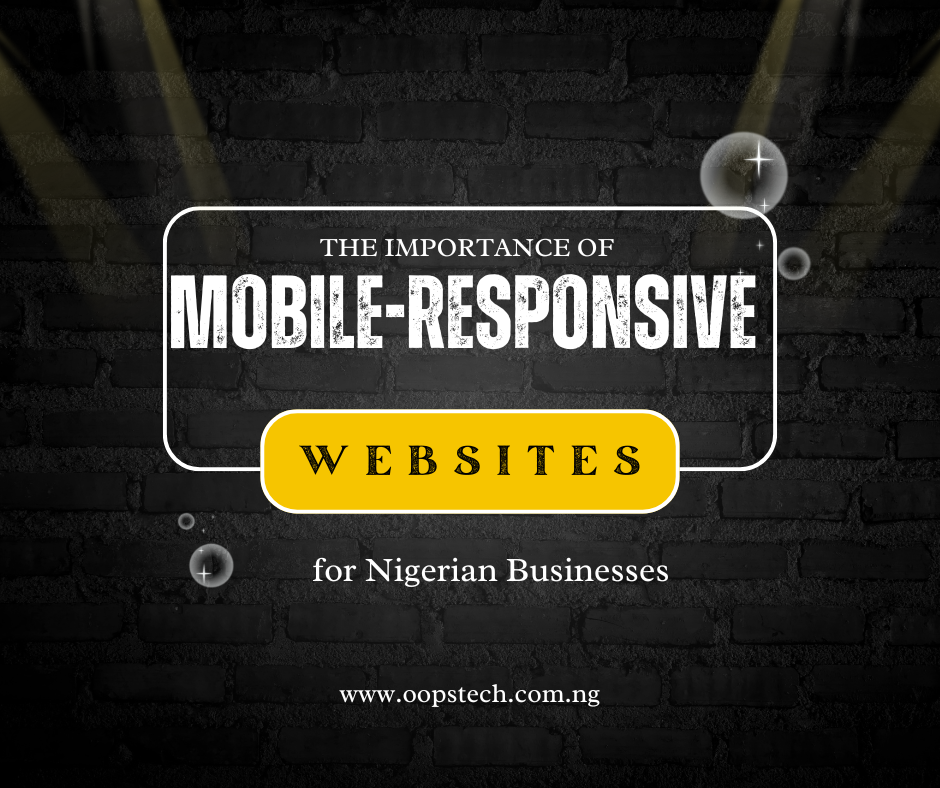Written by Philips Sanni
June 4, 2025 — OpenAI has announced a significant update to its coding agent, Codex, granting it internet access and enabling new functionalities such as installing dependencies, upgrading packages, and running tests that require external resources. This update, rolled out to ChatGPT Plus users, marks a pivotal step in enhancing the tool’s ability to handle complex coding tasks autonomously.
According to posts on X, the update allows Codex to connect to the internet during task execution, a feature that is turned off by default but can be enabled by users. This connectivity enables Codex to perform tasks like accessing online documentation, installing necessary software packages, and executing tests that rely on external resources. Previously, Codex operated in a more isolated environment, limiting its ability to interact with real-time data or external systems. This change addresses one of the most requested features from developers, as highlighted by OpenAI’s official developer account on X.
The expansion of Codex’s availability to ChatGPT Plus users has also generated significant buzz. Previously limited in scope, Codex is now accessible to a broader audience, with generous usage limits for subscribers. “This is massive,” wrote one X user, reflecting the excitement within the developer community about the enhanced capabilities. The ability to configure internet access was emphasized by OpenAI, with safeguards in place to ensure it remains an opt-in feature, preserving user control over security and privacy.
This update builds on OpenAI’s earlier introduction of the Codex CLI, a command-line coding agent that supports an “auto” mode for autonomous operation, as announced in April 2025. The addition of internet access further empowers Codex to act as a more independent and versatile tool for developers, potentially streamlining workflows for coding, debugging, and testing.
The developer community has responded enthusiastically, with many praising the update for its potential to make Codex a more practical tool for real-world programming tasks. However, some discussions on X suggest that users are cautious about enabling internet access, citing concerns about security and the need for clear guidelines on how Codex handles external data.
OpenAI’s move to enhance Codex aligns with its broader mission to advance AI-driven tools that support human productivity. By enabling internet access and expanding access to ChatGPT Plus users, OpenAI is positioning Codex as a powerful ally for developers navigating increasingly complex coding environments.
For more details on Codex’s new features and subscription options, visit OpenAI’s official channels or explore the latest updates at https://openai.com.
Sources: Information compiled from posts on X and OpenAI announcements.

